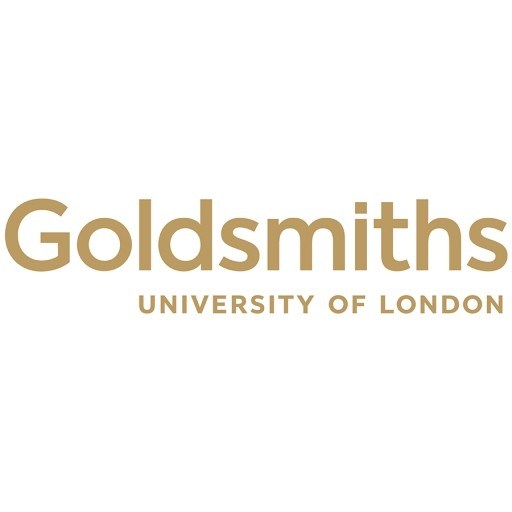Photos of university / #ucl
This programme, run in conjunction with, and based at The Anna Freud National Centre for Children and Families, provides a unique foundation for individuals interested in pursuing a psychotherapy training or an academic career in childhood development. The programme combines psychoanalytic theory of development and inter-family relationships with year-long observations of infants and children and a research project.
Students develop a theoretical grounding in psychoanalytic theories as related to child development and clinical practice. Observations of infants, parents and children allow students to witness some of these theoretical constructs in real world contexts and help students develop the observational skills essential in clinical work. The research teaching covers qualitative and quantitative research methodologies and gives students the tools necessary for conducting reliable, valid and ethical research.
Students undertake modules to the value of 180 credits, with the research dissertation accounting for 60 of these credits.
A Postgraduate Diploma (120 credits) is also offered on both a full-time and part-time basis.
Core modules
- Psychoanalytic Perspectives on Child Development I: Infancy
- Psychoanalytic Perspectives on Child Development II: Toddlerhood and Early Childhood
- Psychoanalytic Perspectives on Child Development III: Latency and Adolescence
- An Introduction to Psychoanalytic Theory
- The Clinical Theory of Psychoanalysis
- Research Methods II: Introduction to Statistical Analysis
- Observation I: Parent Infant
Optional modules
- Observation II: Toddler Observation
- OR
- Observation III: Observation of a Nursery-School Aged Child
Dissertation/report
All MSc students undertake an independent research project, supported by a supervisor, which culminates in a dissertation of a maximum of 12,000 words.
Teaching and learning
The programme is delivered through a combination of lectures, workshops, and theory and observation seminars. Seminar groups are small, often led by clinicians and allow plenty of opportunity for discussion and reflection. Research work is supported by an individual supervisor and by workshops throughout the year. Assessments include a variety of essays, examinations, observation papers and a research dissertation and assessment occurs throughout the programme (usually at the end of the relevant module).
Normally a minimum of a second-class Bachelor's degree from a UK university or an overseas qualification of an equivalent standard.
Want to improve your English level for admission?
Prepare for the program requirements with English Online by the British Council.
- ✔️ Flexible study schedule
- ✔️ Experienced teachers
- ✔️ Certificate upon completion
📘 Recommended for students with an IELTS level of 6.0 or below.











